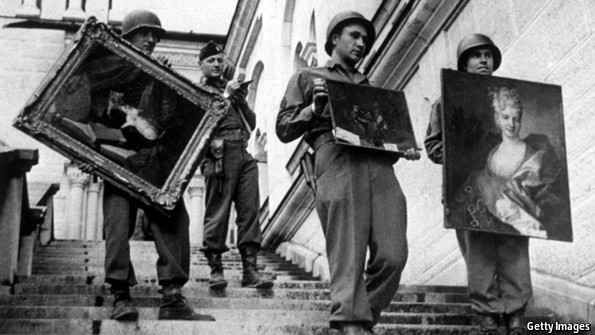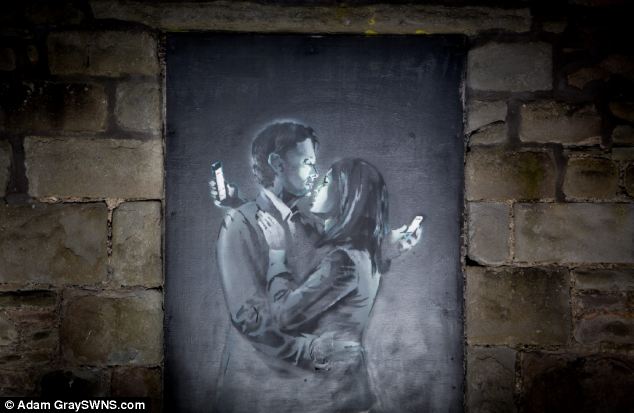
This summer, Christian arts and crafts store corporation Hobby Lobby was ordered to give up a rare Sumerian cuneiform tablet to the U.S. government. This is not the first time Hobby Lobby has been in hot water for acquiring ancient artifacts illegally. In 2016, homeland security officials found evidence of nearly 6,000 artifacts from the Middle East in Hobby Lobby’s possession. Found in a warehouse in New York City, the objects were in bad shape. So what does a retail store like Hobby Lobby want with ancient Mesopotamian artifacts?
Turns out that Hobby Lobby president Steve Green has been collecting artifacts like this particular cuneiform tablet since 2009. It’s not just for his personal collection, however. In 2017, Green and his family opened the Museum of the Bible, whose website claims it showcases “rare and fascinating artifacts spanning 4,000 years of history”. What’s not stated is that many of these artifacts have been bought illegally from art smugglers and have been trafficked into the United States.
While Hobby Lobby has been held accountable for the illegal possession of ancient art, many other institutions have not. Western museums – especially the British Museum – are in possession of many artifacts from nations they previously colonized. But when these nations petition for the removal and return of their art, they are turned away every time. The question is, why is Hobby Lobby punished while the British Museum faces no consequences?
There are two main differences between the Museum of the Bible and the British Museum that may play a role in why they are treated differently. First, the British Museum has been a renowned educational institution since 1753, while the Museum of the Bible has been around for less than five years. Second, while the British Museum is not directly owned by the government it is sponsored by the Department for Digital, Culture, Media, and Support. The Museum of the Bible is owned by Steve Green.
Most importantly, the way each institution is perceived by the public plays a part in how accountable they are held. In addition to illegally trafficking artwork, Hobby Lobby has a slew of other scandals that many feel have damaged their reputation. Therefore, it’s easier to point a finger at them rather than the British Museum, which is conversely greatly esteemed.
In an age where numerous systems and institutions are being questioned and changed, it’s time for the British Museum to face the same treatment as Hobby Lobby. Though it is powerful, enough awareness about their history of colonialism and art smuggling can bring positive action against them.







